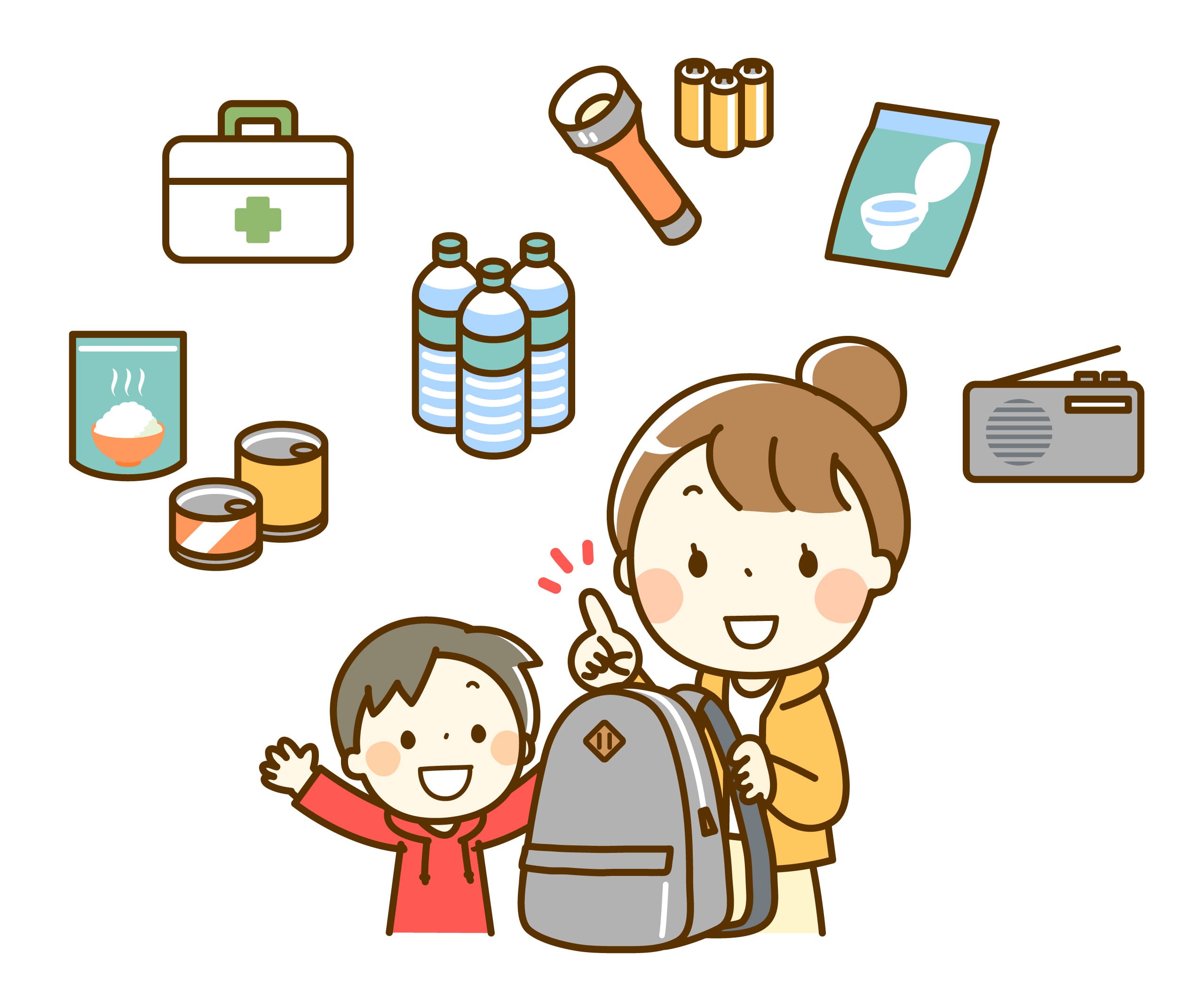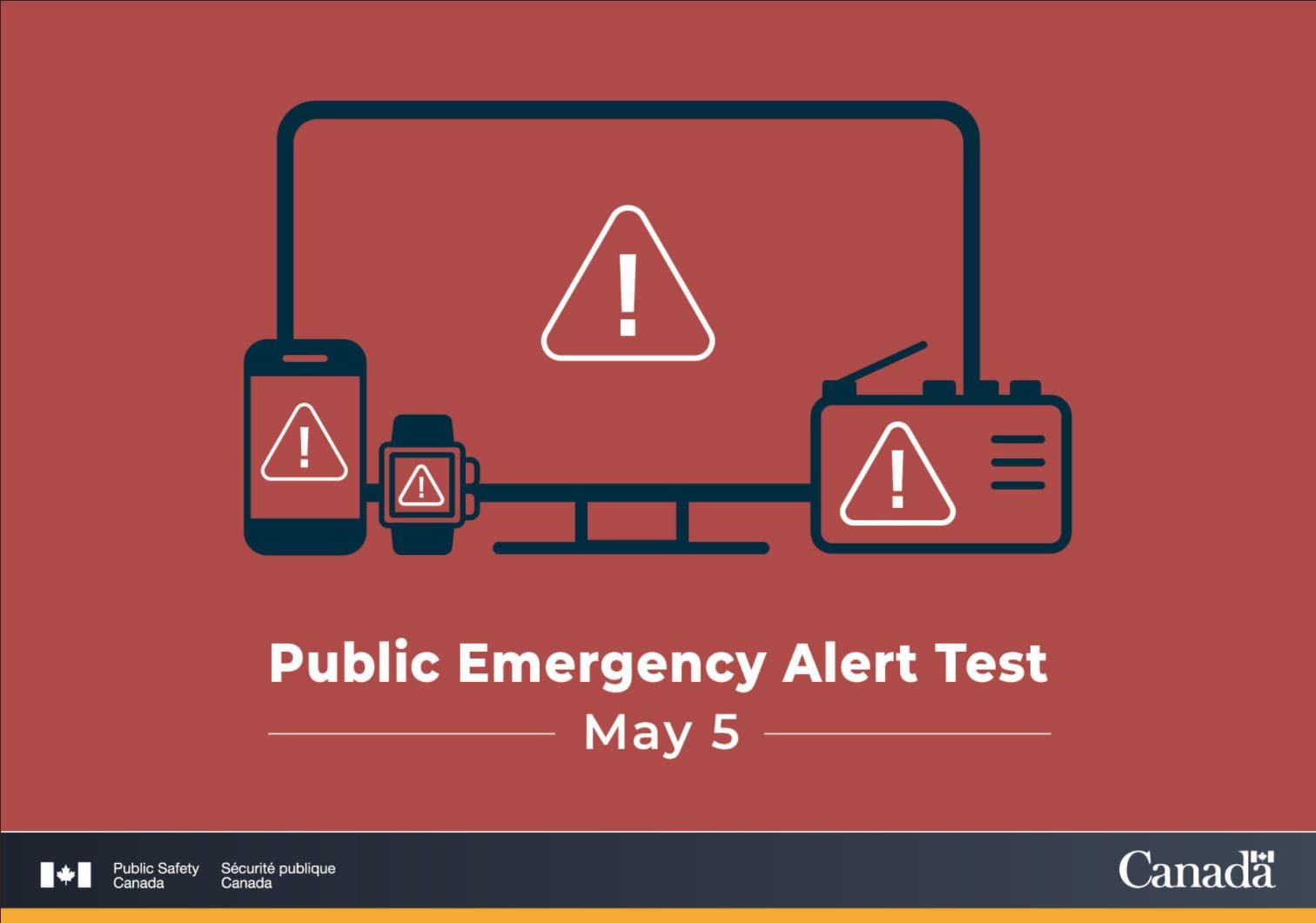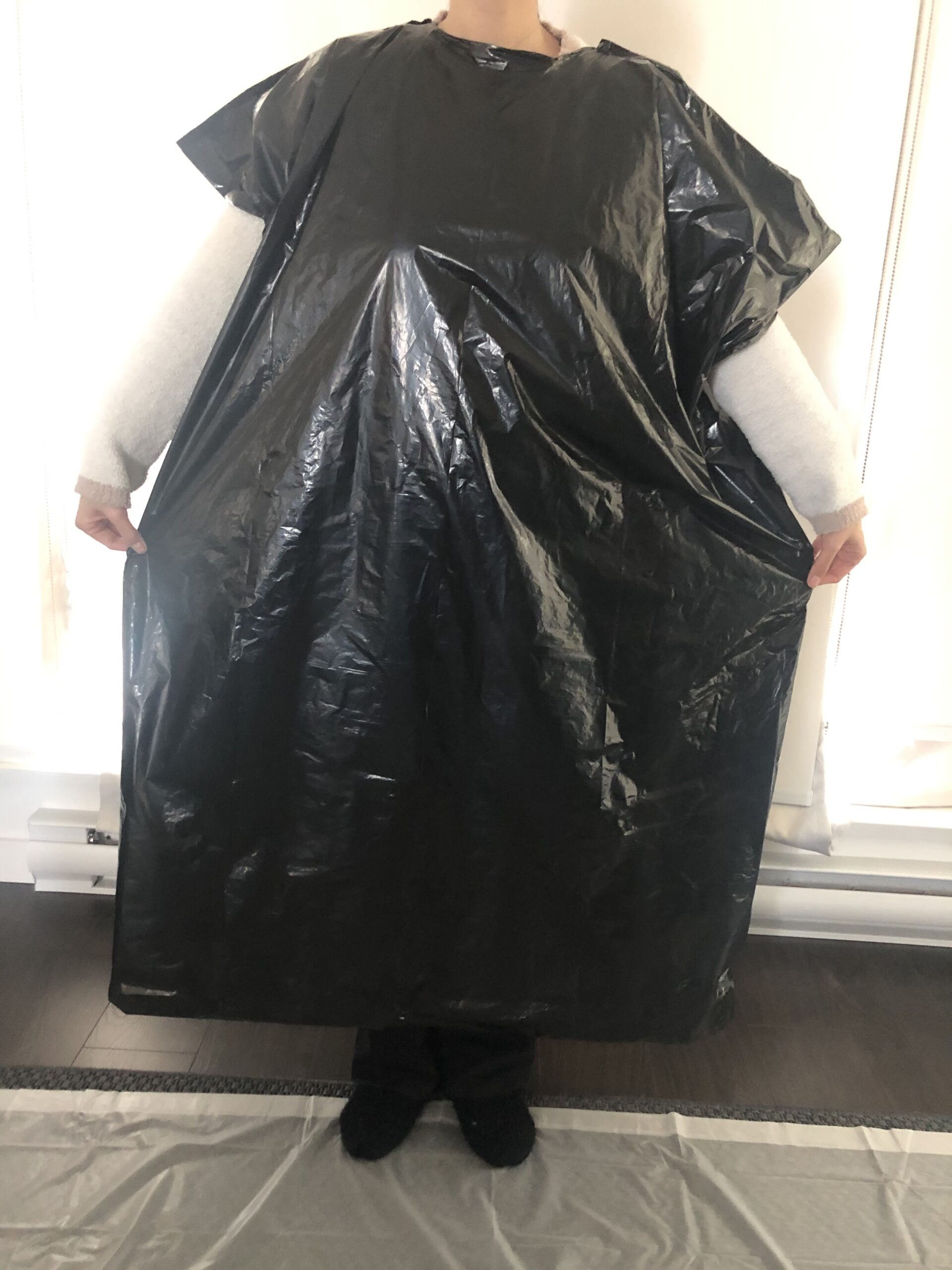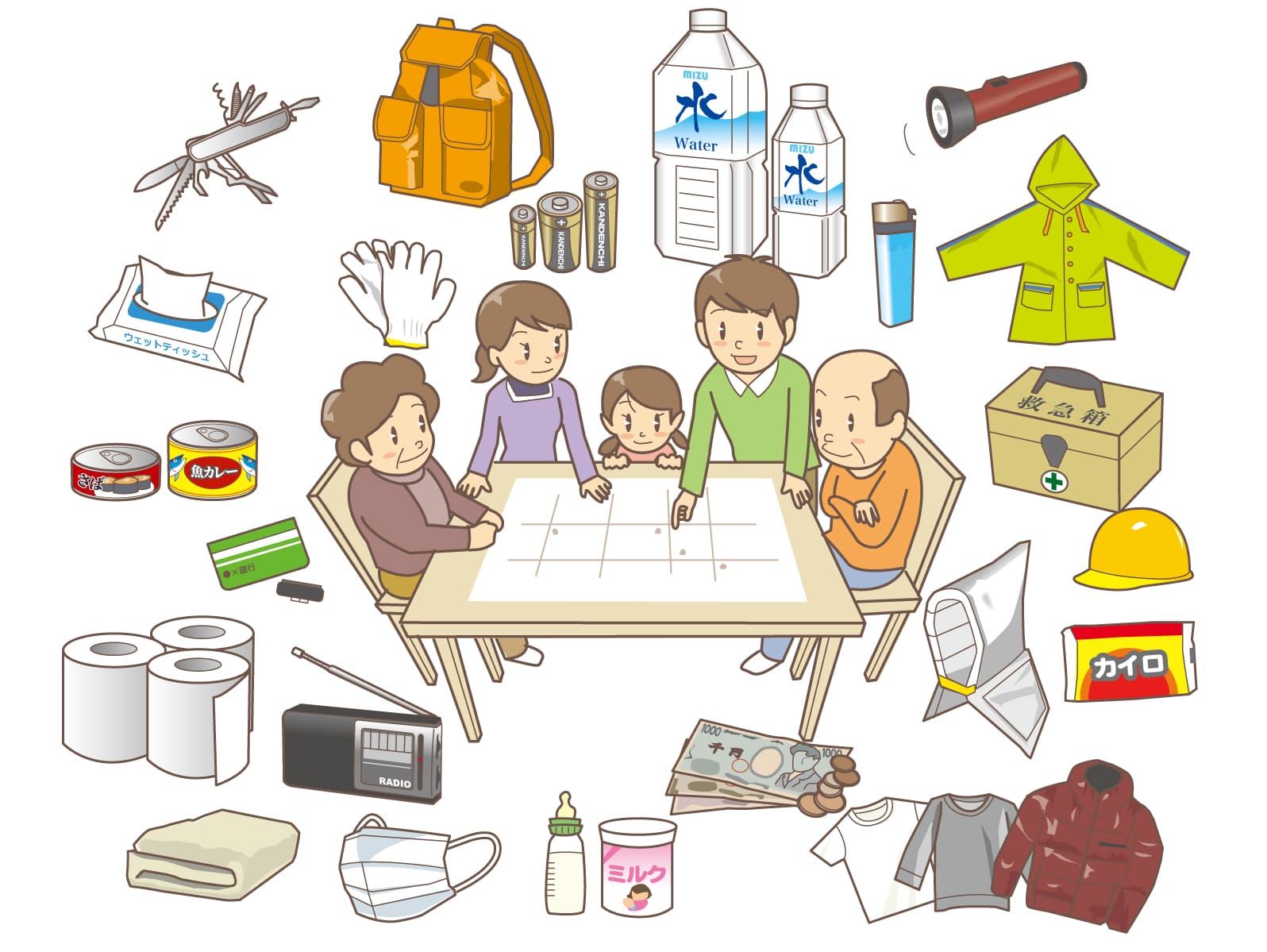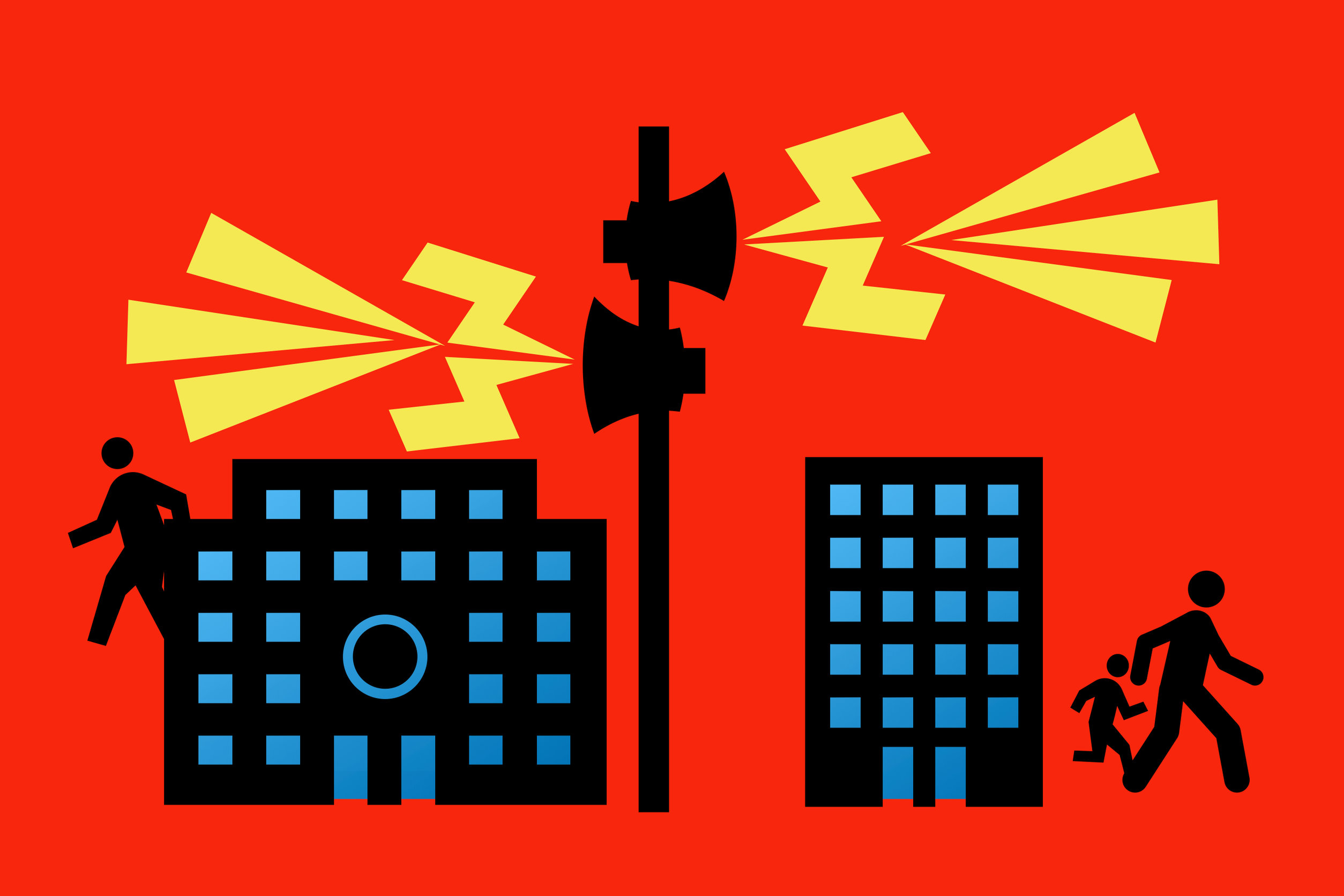
Is your knowledge up-to-date?

Hey, Tippi. How was the community emergency drill held last week?

I had participated the drill 5 years ago so I didn’t go.

Life-saving skills and preparedness information are often updated as we learn from new findings about disasters. Also, training yourself repeatedly can help you to stay calm and take appropriate actions during a disaster so make sure to join drills and learning events whenever possible.
 Overconfidence from your past experiences and knowledge could put you in danger in the event of a disaster.
Overconfidence from your past experiences and knowledge could put you in danger in the event of a disaster.
Continuous effort to update yourself with repeated trainings will increase your chance for survival.

How do I find safety information? I used internet to search for some info but there are too much.

You are on the right track, Tippi. But you need to be careful with false information which could mislead you so it’s safer to start from trusted sources like website from local authorities.

Okay, I will. Thank you , Master Owl!
Train yourself and expect “unexpected”
There are many books and online information available in public but we must know that they are usually written based on “historical data” & preventative measures from “current” knowledge. Therefore, one can say that the information in the book is “within our expectations.”
However unfortunately, when it comes to disasters, the power often goes WAY beyond our current knowledge and experiences. As the matter of fact, when you hear news about severe weather, flooding and other disasters, you often hear phrases or words like “never experienced for the last 50 years,” “unexpected,” or “unprecedented.”
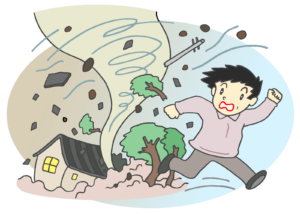
 There’s no such thing as an ULTIMATE guide/book to protect you during a disaster.
There’s no such thing as an ULTIMATE guide/book to protect you during a disaster.
There are great information available in public but it could be outdated. Do not rely on a single source. Update you with the latest info, make your own judgement for the best decisions.
Flexible plans = Options + Imagination
Making emergency plan is very important. However, we also need to keep in mind that things may not go according to your plans. At the end of the day, we must make our own final decisions when “unexpected” things happen in the event of a disaster.
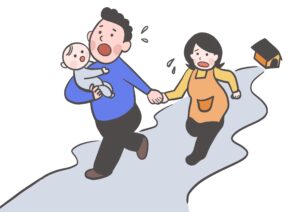
- Keep updating your knowledge to gain multiple options
- Example: Knowing multiple evacuation sites gives you options based on hazard types rather than knowing only one site.
- Use your imagination and ask yourself “what if?”
- Example: Evacuation site A is where I go as it is close from my home when earthquake strikes my area.
- “What if Tsunami is coming?” Evacuation site B which is located up on a hill is an option to consider.
- “What if the road to the site B is blocked?” …and so on…
You may not know if your decisions were correct or not, but the more knowledge and options you gain, the better chance that you make the best decisions.

Simulating yourself in advance will reduce the chance of getting panic and enable you to make the best survival decisions from options you gained.

